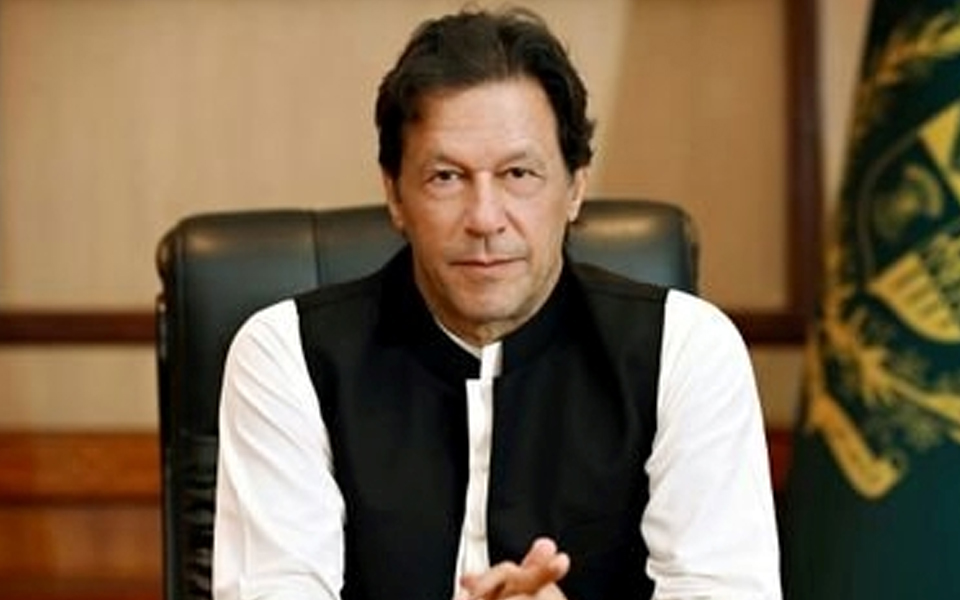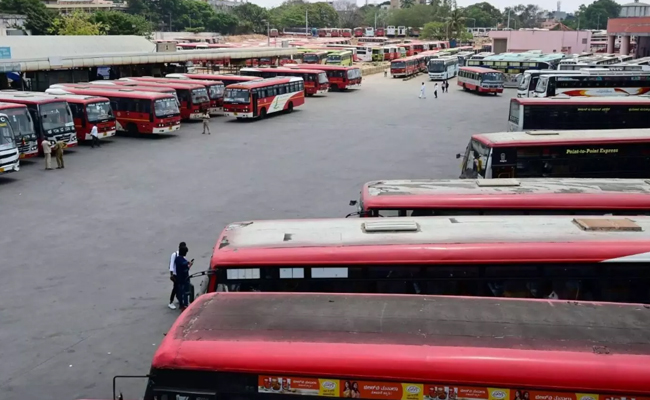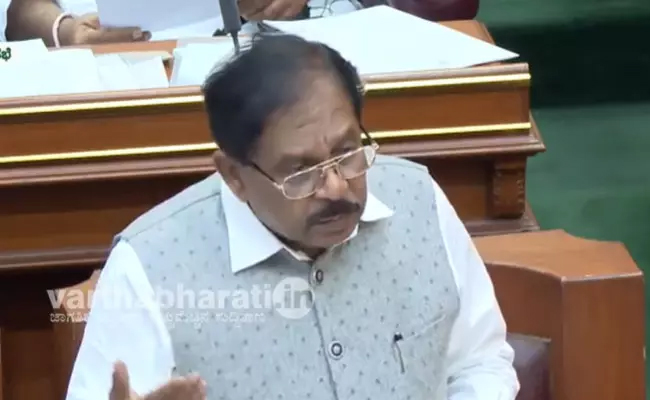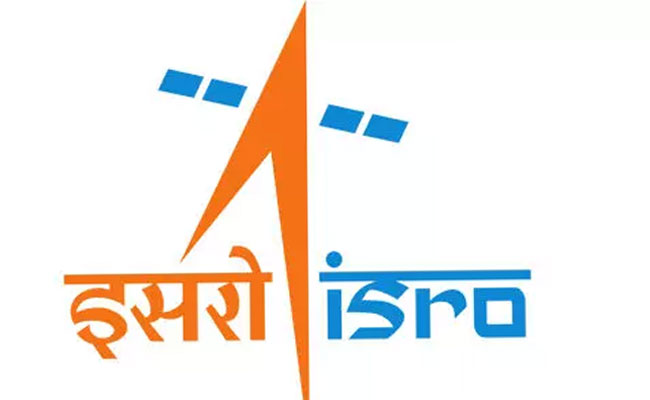Islamabad, Apr 9 (PTI) Pakistan Prime Minister Imran Khan lost a crucial trust vote in the National Assembly past midnight on Saturday, becoming the first premier in the country's history to be removed through a no-confidence motion.
Khan, 69, was not present in the lower house at the time of voting. His party lawmakers staged a walkout.
The joint Opposition - a rainbow of socialist, liberal and radically religious parties - secured the support of 174 members in the 342-member National Assembly, more than the needed strength of 172 to oust the prime minister on a day full of drama and multiple adjournments of the lower house.
No prime minister in Pakistan's history was ever ousted through a no-confidence motion. Khan is the first premier whose fate was decided through a trust vote.
Also, no Pakistani prime minister has ever completed a full five-year term in office.
The opposition had filed the no-confidence motion on March 8, setting a set of events leading to the day of voting and rise in the tension due to Khan's insistence that he was being targeted as part of a foreign conspiracy with the collaboration of top opposition leaders.
Khan, who came to power in 2018 with promises to create a Naya Pakistan', was dogged by claims of economic mismanagement as his government battled depleting foreign exchange reserves and double-digit inflation.
He apparently also lost support of the powerful Army after he refused to endorse the appointment of the ISI spy agency chief last year. Finally he agreed but it soured his ties with the powerful Army, which has ruled the coup-prone country for more than half of its 75 years of existence and has hitherto wielded considerable power in the matters of security and foreign policy.
Khan wanted to keep Lt Gen Faiz Hameed as the spy chief but the army high command transferred him by appointing Corps Commander in Peshawar.
Ahead of the voting, National Assembly Speaker Asad Qaiser and Deputy Speaker Qasim Suri resigned.
Qaiser said he could not take part in a foreign conspiracy to oust the prime minister.
After announcing his resignation, Speaker asked Ayaz Sadiq of PML-N to chair the proceedings.
Voting on the resolution then began at 11:58pm (local time). Sadiq adjourned the house for two minutes due to the change of day at 12. The new session then began at 12:02am.
Earlier, the crucial session convened in line with a landmark Supreme Court ruling to decide the fate of Prime Minister Khan witnessed multiple adjournments and heated arguments.
Let the Truth be known. If you read VB and like VB, please be a VB Supporter and Help us deliver the Truth to one and all.
Bengaluru: The Karnataka State Road Transport Corporation will operate 1000 additional special services in view of the Christmas festival.
In addition to the existing schedule, the special services will run on 19.12.2025, 20.12.2025 and 24.12.2025. Further, special buses will be operated from various places of intra & Interstate places to Bengaluru on 26.12.2025 & 28.12.2025.
Special buses will be exclusively operated from Bengaluru Kempegowda Bus Station to Dharmastala, Kukkesubramanya, Shivamogga, Hassan, Mangaluru, Kundapura, Shringeri, Horanadu, Davangere, Hubbali, Dharwad, Belagavi, Vijayapura, Gokarna, Sirsi, Karwar, Raichur, Kalaburagi, Ballari, Koppala, Yadgir, Bidar, Tirupathi, Vijayawada, Hyderabad and other places.
ALSO READ: Bengaluru: Shopkeeper stabbed for refusing to serve free panipuri
Special buses from Mysuru Road Bus Station will be exclusively operated towards Mysuru, Hunsur, Piriyapatna, Virajpet, Kushalanagar, Madikeri.
The corporation has also announced a discount of 5 per cent on the fare if four or more passengers book tickets under a single reservation. A discount of 10 per cent will be extended on return journey tickets if onward and return tickets are booked simultaneously.
In addition to the above, special buses will be operated from all Taluk/District Bus Stands in the jurisdiction of KSRTC based on the traffic needs.





